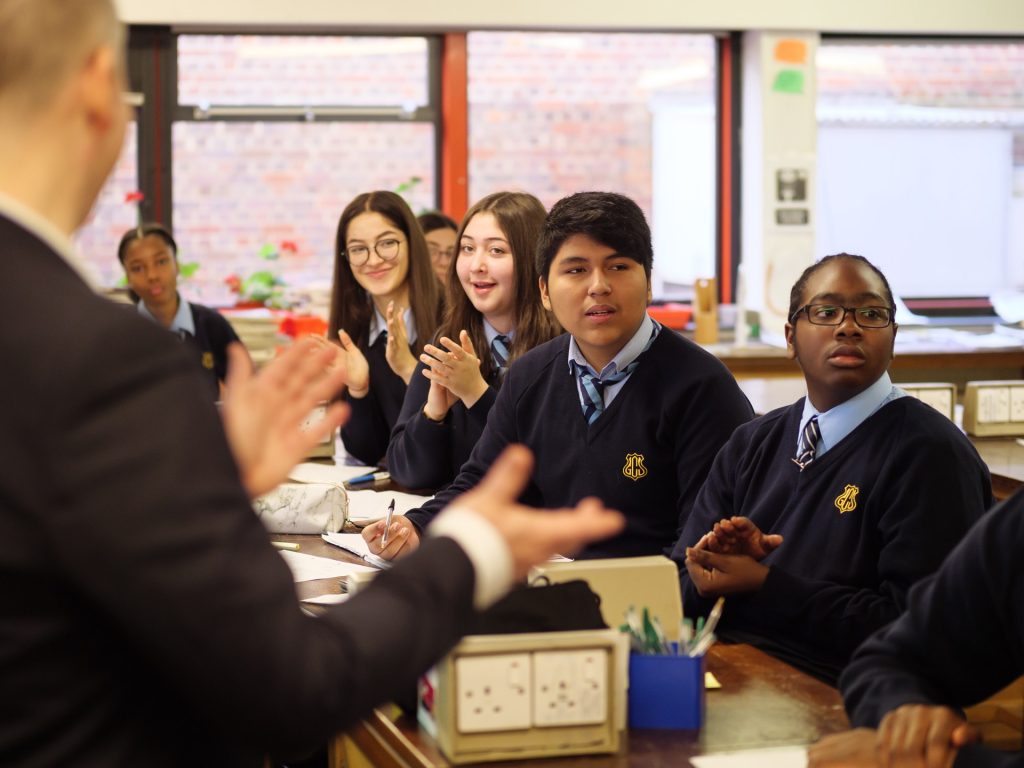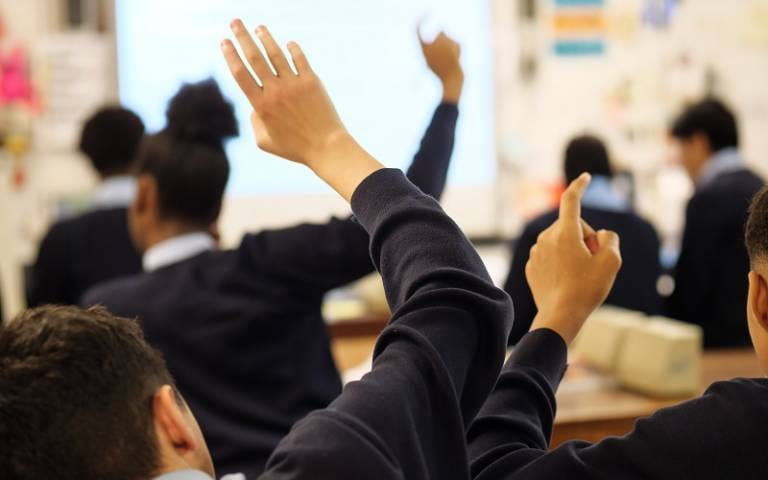Language teaching and learning beyond vocabulary and grammar: our success stories
By Blog Editor, IOE Digital, on 15 March 2022

Zhu Hua, Caroline Conlon, Camilla Smith, Fotini Diamantidaki and Áine McAllister.
The strong reactions from the language teaching and learning community to the Government’s French, German and Spanish GCSE subject content review are hardly surprising. If the review’s intention was to make the subject ‘accessible’ and to motivate students, then making a few tweaks to words, themes and topics, question types and grammar will not do the job.
Learning another language is not simply about putting words and sentences together; it is about communicating ideas, feelings and experiences; connecting with people and cultures and broadening horizons. Language curriculum, assessment and pedagogy need to focus on developing intercultural competence.
So what has worked well in classrooms? How do we create space for cultural exploration and exchange of perspectives? And what role does (more…)
 Close
Close




 This blog is the first in a series of 12 exploring each decade in IOE’s history in the context of the education and society of the times.
This blog is the first in a series of 12 exploring each decade in IOE’s history in the context of the education and society of the times. 

 Alison Kitson
Alison Kitson Caroline Daly
Caroline Daly
 Jane Tillin.
Jane Tillin.